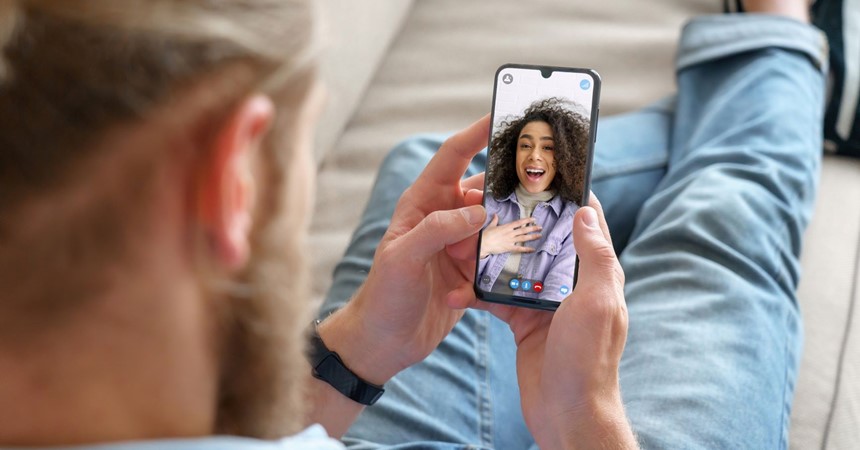Statistics on loneliness before COVID-19 were already concerning, particularly when we understand the way in which it intensifies physical and mental health vulnerabilities. A University of Swinburne study undertaken in 2018 in collaboration with the Australian Psychological Society (APS), highlighted just how many Australians experience loneliness and anxiety. Some of the results include:
- one in four Australians feel lonely
- many Australians – especially younger Australians – report anxiety about socialising
- one in four Australians experience high levels of social interaction anxiety
- one in two report sometimes feeling shy, while 11 per cent report they always feel shy
- 30 per cent do not feel part of a group of friends
- lonely Australians have worse physical and mental health, and are more likely to be depressed.
Humans are social animals, and feelings of loneliness arise when our innate need to belong to a group is unmet. This can signal a need to form a meaningful connection with others. Research has found that loneliness is related more to the quality than the quantity of relationships; a lonely person feels their relationships are not meaningful, and that others misunderstand them.
Social relationships support good mental and physical health. These tips will help you maximise your connections with others, even during current times when the methods we use to connect are changeable.
- Join in. Embrace opportunities to volunteer or participate. Connect with others with a shared purpose.
- Say names. Using someone’s name demonstrates caring. Ask after their loved ones or pets, or follow up from a previous conversation topic such as their weekend away. This shows you have paid attention.
- Ask questions and really listen to the answers, rather than waiting for your turn to talk. Your body language and facial expressions can signal that you are listening with warmth. It is possible to demonstrate listening this way whether you are in a Zoom video call or in person.
- Accept change. People’s circumstances and priorities change over time, leading to shifts in relationship dynamics. It uses much less of your emotional energy to come from a place of understanding; sometimes friends need to attend to other things in their lives, and might come and go, and that can be a reflection of what’s happening for them, rather than how much they do or do not value you. Rolling with change can lead to reconnecting with old friends as well as maintaining current relationships.
- Tolerate discomfort. Feeling awkward in conversation does not mean you are doing a bad job. Anxiety may lead you to avoid social opportunities, but all great achievements lie outside your comfort zone. You’ve got to be in it to win it.
- Embrace technology. There are many opportunities to connect with existing friends and to meet new people through technology such as online chat, video calls, virtual parties, and book clubs. Just make sure to research secure and credible sites.
Create connections requires effort and even some courage, but the benefits to your immediate and long-term health and happiness will be worth it.



























































































